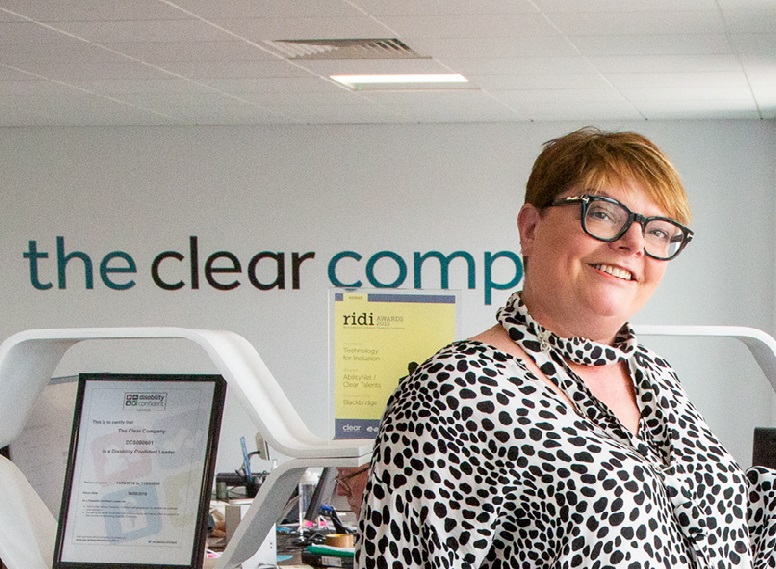As the year ends, HR professionals are looking back on the progress and challenges of 2024. Equity, diversity, and inclusion (EDI) remain key to creating better workplaces. Despite some setbacks and a bit of resistance, there are strong reasons to feel hopeful about EDI in 2025.
The recent Recruitment Industry Disability Initiative (RIDI) Awards, which took place on 5 December, show what’s possible when workplaces commit to change. By highlighting organisations that are breaking down barriers for disabled talent, the awards offer inspiration and practical ideas for HR leaders to take forward.
Lessons from the RIDI Awards
The RIDI Awards celebrate organisations that are creating real change for disabled people in the workplace. This year’s winners include Irwin Mitchell, which saw a 62% rise in applications from disabled candidates, and The Stepstone Group, whose Accessibility Lab is transforming recruitment practices.
These examples show that when organisations focus on inclusion, everyone benefits – from employees to the business itself.
Five predictions for 2025
Looking at trends from the RIDI Awards and beyond, here are five reasons to feel positive about EDI in 2025:
- Using data to drive inclusion
In 2025, more organisations will use data to spot gaps and track progress. Tools like contextual recruitment technology, used by DWF’s Early Careers Team, help remove biases by looking at candidates’ circumstances, not just traditional qualifications. Expect to see more companies using data to guide their decisions.
- Working together for bigger impact
Collaboration will be a major theme. Businesses will team up with advocacy groups and community organisations to make a bigger difference. For example, Fair Shot Café and Great Western Railway have worked together to create jobs for disabled people. In 2025, more partnerships like this will help underrepresented talent thrive.
- Accessibility will be standard
With technology playing a bigger role in work, accessibility will become an integral part, rather than an afterthought. The Stepstone Group’s Accessibility Lab shows how organisations can make their recruitment tools work for everyone. In 2025, expect more companies to adopt universal design principles, making their products and systems usable by all.
- Recognising intersectional identities
EDI efforts will increasingly consider how different aspects of identity—like race, gender, and disability—intersect. This approach, known as intersectionality, helps address the unique challenges people face when multiple forms of discrimination overlap. In 2025, companies will create initiatives that reflect these complex realities.
- Leaders driving change
Strong leadership will continue to be essential for EDI. The RIDI Awards winners show how leaders can create change by prioritising inclusion. In 2025, HR leaders will focus on building inclusive cultures where EDI is a foundational element of the organisation’s strategy.
Reasons to be hopeful
While challenges like budget cuts and resistance to change remain, 2025 is a chance to change the story. The RIDI Awards prove that progress is possible, even in tough times.
Inclusive workplaces don’t just help employees – they also help businesses succeed. Companies that embrace diversity see higher innovation, better retention, and stronger financial performance. This shows that EDI isn’t just the right thing to do – it’s also good for business.
How HR leaders can prepare
To make the most of these opportunities, HR professionals should:
- Invest in training: Teach teams to recognise and challenge biases and provide practical tools to build understanding and skills.
- Review policies: Check recruitment, promotion, and workplace policies to make sure they’re inclusive and accessible.
- Partner up: Work with advocacy groups and other organisations to expand your reach and impact.
- Celebrate success: Share achievements to inspire others and keep the momentum going.
Looking ahead
The RIDI Awards remind us what’s possible when organisations commit to inclusion. As we move into 2025, HR professionals have the chance to create workplaces where everyone can thrive.
By focusing on equity, diversity, and inclusion, we can build a future that’s fairer and better for all. That’s something to feel optimistic about as we look to the year ahead.









